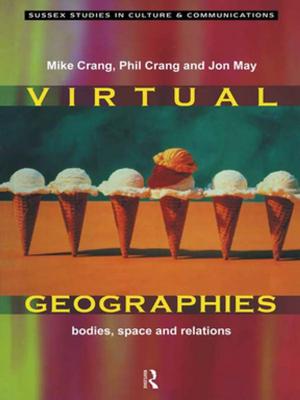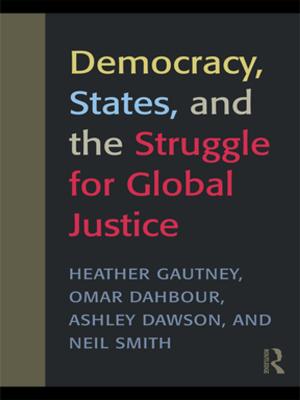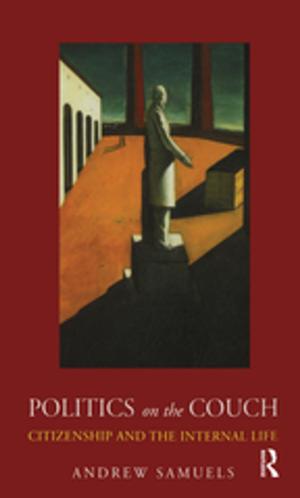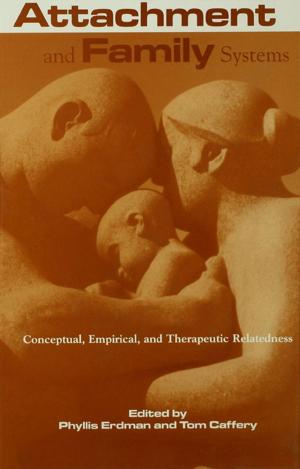Schooling and the Making of Citizens in the Long Nineteenth Century
Comparative Visions
Nonfiction, Reference & Language, Education & Teaching, History, Social & Cultural Studies, Political Science, Government, Civics, Educational Theory, Philosophy & Social Aspects| Author: | ISBN: | 9781136733468 | |
| Publisher: | Taylor and Francis | Publication: | May 9, 2011 |
| Imprint: | Routledge | Language: | English |
| Author: | |
| ISBN: | 9781136733468 |
| Publisher: | Taylor and Francis |
| Publication: | May 9, 2011 |
| Imprint: | Routledge |
| Language: | English |
This book is a comparative history that explores the social, cultural, and political formation of the modern nation through the construction of public schooling. It asks how modern school systems arose in a variety of different republics and non-republics across four continents during the period from the late eighteenth century to the early twentieth century. The authors begin with the republican preoccupation with civic virtue – the need to overcome self-interest in order to take up the common interest – which requires a form of education that can produce individuals who are capable of self-guided rational action for the public good. They then ask how these educational preoccupations led to the emergence of modern school systems in a disparate array of national contexts, even those that were not republican.
By examining historical changes in republicanism across time and space, the authors explore central epistemologies that connect the modern individual to community and citizenship through the medium of schooling. Ideas of the individual were reformulated in the nineteenth century in reaction to new ideas about justice, social order, and progress, and the organization and pedagogy of the school turned these changes into a way to transform the self into the citizen.
This book is a comparative history that explores the social, cultural, and political formation of the modern nation through the construction of public schooling. It asks how modern school systems arose in a variety of different republics and non-republics across four continents during the period from the late eighteenth century to the early twentieth century. The authors begin with the republican preoccupation with civic virtue – the need to overcome self-interest in order to take up the common interest – which requires a form of education that can produce individuals who are capable of self-guided rational action for the public good. They then ask how these educational preoccupations led to the emergence of modern school systems in a disparate array of national contexts, even those that were not republican.
By examining historical changes in republicanism across time and space, the authors explore central epistemologies that connect the modern individual to community and citizenship through the medium of schooling. Ideas of the individual were reformulated in the nineteenth century in reaction to new ideas about justice, social order, and progress, and the organization and pedagogy of the school turned these changes into a way to transform the self into the citizen.















